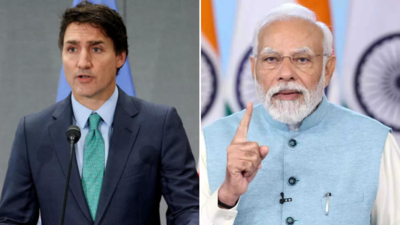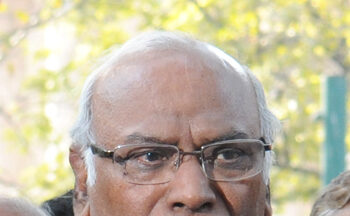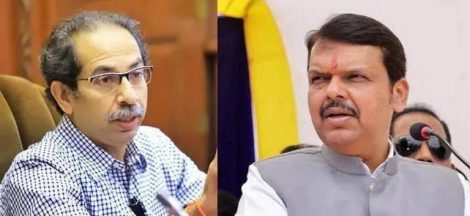Tensions between the United States and India have escalated following Washington’s concerns over New Delhi’s refusal to fully cooperate with Canada’s probe into the killing of Hardeep Singh Nijjar, a Canadian Sikh leader and Khalistan advocate. Nijjar was fatally shot in June outside a Sikh temple in British Columbia, and Canadian Prime Minister Justin Trudeau has accused India of being involved in the assassination, a claim that India vehemently denies.
Canada has presented what it describes as “credible allegations” that link India to the murder, but India has categorically rejected any involvement. Despite the severity of the allegations, which triggered a diplomatic dispute, no solid evidence has been made public by Ottawa to substantiate the claims. This situation has sparked calls for greater transparency and cooperation from international allies, including the United States.
The Biden administration has urged India to engage with the ongoing investigation, emphasizing the need for justice and accountability in the case. The U.S. has expressed concern that India’s non-cooperation could hinder efforts to uncover the truth behind Nijjar’s death. Secretary of State Antony Blinken, during a meeting with Indian Foreign Minister S. Jaishankar in Washington, reiterated the importance of collaboration between governments, particularly when such serious accusations are involved. Blinken reportedly raised the issue in private talks, underscoring Washington’s stance that the inquiry must proceed with all relevant parties cooperating.
India, on the other hand, has pushed back against Canada’s allegations, with Jaishankar dismissing the claims as baseless. During a public event, Jaishankar criticized Canada for allowing pro-Khalistan activists and extremists to operate freely on its soil, accusing the Canadian government of adopting a permissive stance towards terrorism. He stated that while India is open to examining any evidence presented, there has been no substantive material provided to New Delhi that justifies such serious allegations.
Jaishankar’s comments reflect the broader strain in India-Canada relations, with the two countries having divergent views on the Khalistan movement. India considers the separatist movement, which seeks an independent Sikh homeland in Punjab, a major national security threat, while Canada has a significant Sikh diaspora that includes supporters of the Khalistan cause. The ongoing discord has led to heightened tensions, with both nations expelling diplomats in the weeks following Trudeau’s public remarks.
The United States, meanwhile, finds itself navigating a delicate balance between two of its key allies. While Washington shares strong strategic ties with both India and Canada, the Nijjar case has created a diplomatic rift that the U.S. is eager to mediate. American officials have indicated that intelligence shared with Canada about Nijjar’s killing was part of a broader effort to assist in the investigation. Reports suggest that U.S. intelligence, as well as contributions from other members of the Five Eyes intelligence alliance, played a role in shaping Canada’s conclusions about India’s possible involvement in the murder.
This incident has added a layer of complexity to U.S.-India relations, which have been growing steadily stronger in recent years, particularly in the areas of defense and technology. However, the Nijjar case has brought human rights concerns to the forefront, challenging the narrative of India as a democratic partner. Some lawmakers in Washington have expressed concerns over India’s handling of dissent and minority rights, urging the Biden administration to take a firmer stance on these issues.
For Canada, the Nijjar case has become a matter of national security and international diplomacy. Trudeau’s government has faced criticism for its handling of the investigation, with opposition parties calling for more transparency and concrete evidence. The prime minister has defended his decision to raise the matter publicly, arguing that Canada cannot ignore credible allegations of foreign interference in its internal affairs. The country’s Sikh community, one of the largest outside of India, has been particularly vocal in calling for justice for Nijjar, with protests and vigils held in his memory.




 British People Have To Fight For Withdrawal Of Starmer Govt Support To Israel
British People Have To Fight For Withdrawal Of Starmer Govt Support To Israel 